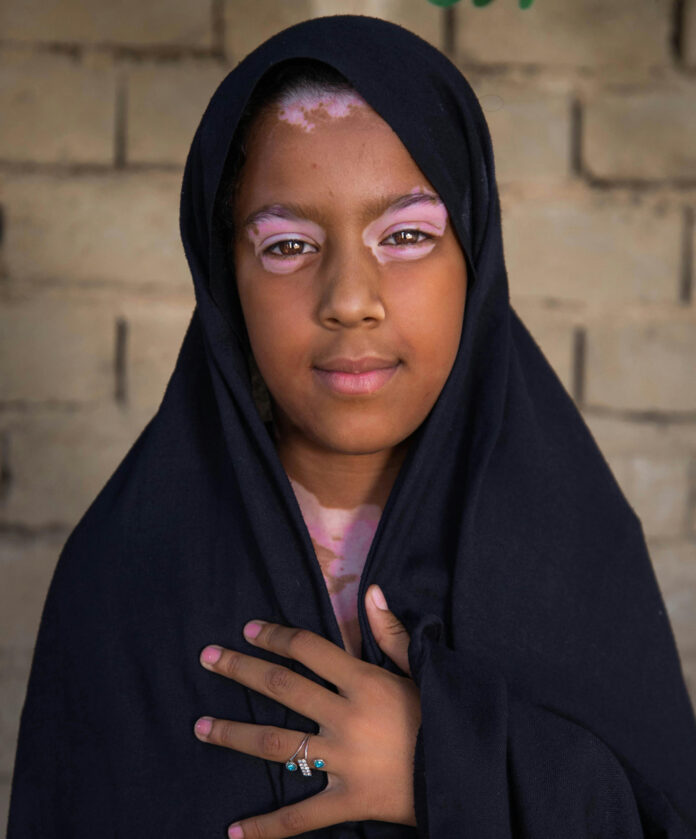Unlike Western societies where race is often viewed through the lens of skin color, Africans typically prioritize other markers of identity:
1. **Shared History**: Tribal histories and ancestral lineage hold immense importance.
2. **Language**: Fluency in a tribal or regional language often signifies belonging.
3. **Cultural Practices**: Rituals, cuisines, and ceremonies are key identifiers.
Moreover, colonialism introduced racial hierarchies that emphasized skin color as a tool for division. However, within African communities themselves, these hierarchies hold less weight compared to tribal or cultural affiliations[3].
**The Challenges of Ethnic Identity Today**
While tribalism fosters community bonds, it can also lead to division. Post-independence leaders like Julius Nyerere in Tanzania sought to downplay tribalism by promoting national unity[3]. However, ethnic tensions persist in some regions due to competition for resources or political power.
For example:
– In Sudan, conflicts between Arab-Muslim groups in the north and African-Christian groups in the south have deepened ethnic divides[3].
– In Nigeria, tensions between major ethnic groups like the Hausa-Fulani, Yoruba, and Igbo often shape political dynamics.
Despite these challenges, many African nations continue to celebrate their ethnic diversity as a strength rather than a weakness.
**Conclusion**
In Africa, identity is far more nuanced than skin pigmentation. Tribal affiliations, cultural practices, and regional distinctions form the foundation of how people see themselves and relate to others. Understanding this complexity requires moving beyond simplistic notions of race or color to appreciate the rich tapestry of cultures that define the continent. By focusing on these deeper aspects of identity, we gain a more accurate and respectful understanding of what it means to be African.
By George Prince
Citations:
[1] 1. Personal identity and intra-racial connections https://www.pewresearch.org/
[2] Focus on African diversity confirms complexity of skin pigmentation genetics https://pmc.ncbi.nlm.nih.gov/
[3] Ethnicity: An African Predicament https://www.brookings.edu/
[4] Africa – Ethnic Groups, Cultures, Languages | Britannica https://www.britannica.com/
[5] Race Is Central to Identity for Black Americans and Affects How They Connect With Each Other https://www.pewresearch.org/
[6] Loci associated with skin pigmentation identified in African populations https://pmc.ncbi.nlm.nih.gov/
[7] Race and Racial Identity https://nmaahc.si.edu/learn/
[8] The varying skin colors of Africa: Light, dark, and all in between | Penn Today https://penntoday.upenn.edu/











